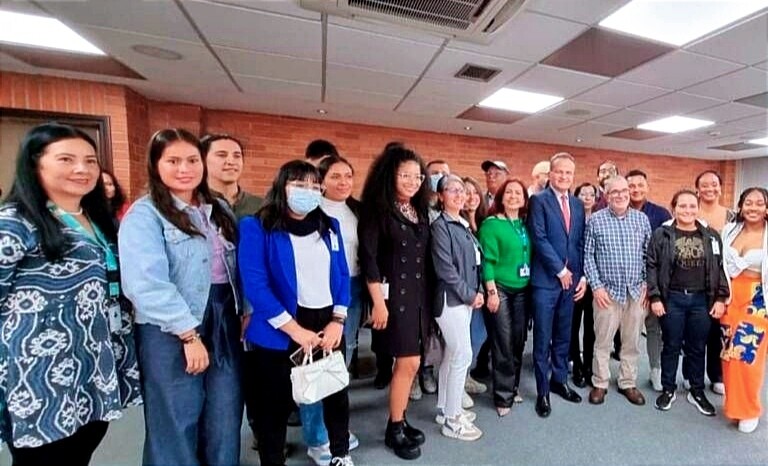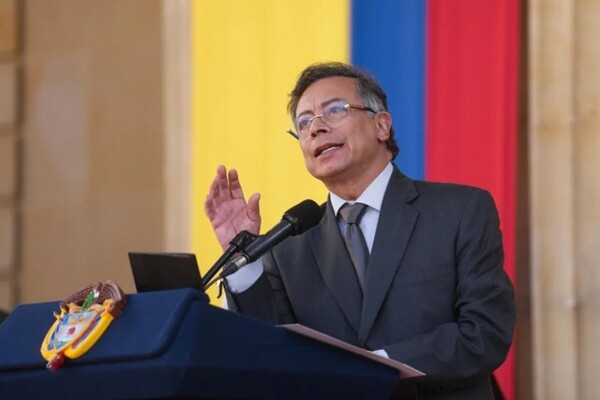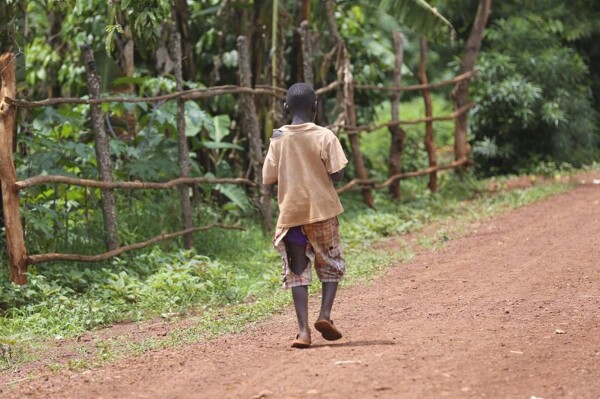
A group of new doctors returned to Colombia this week after studying on scholarships in Cuba, as part of an educational benefit arising from the agreements reached in Havana. They were received by the director of Human Talent in Health at the Ministry of Health and Social Protection, José Alexis Mahecha, and by the former commander of the former Farc and signatory of the Agreement, Rodrigo Londoño, known as Timochenko.
In the first meeting, the allocation of positions for the new doctors to practice their careers by doing mandatory social service in rural areas was discussed. One of the returning doctors is Nadia Marcela Villarraga, who was a guerrilla fighter for 16 years and worked as an empirical nurse.
Mandatory social service is a state provision for graduates of health careers such as bacteriology, nursing, medicine, and dentistry, who must provide their services in rural areas as a requirement to obtain authorization to practice their profession.
In this regard, Nadia Marcela Villarraga mentioned: "That was where I fell in love with medicine." For her part, Dr. Xiomy Giraldo expressed her interest in returning to her home municipality to provide medical care in the most remote areas and offer health services to her community.
The commitment and willingness of this first group of graduated doctors to return to their territories to work in communities affected by the conflict were highlighted by the ministry's performance coordinator, Edith Rodríguez. Some former combatants who studied medicine in Cuba to continue specializing decided to stay on the island.
At the end of the meeting, Rodrigo Londoño, now president of the Comunes Party, emerged from the Peace Agreement, stated: "These young people are a real example of peace, reconciliation, and democracy." Director José Alexis Mahecha welcomed them to mandatory social service as their first dignified job in the health field.
This return of former combatants and victims of the conflict who studied in Cuba on a scholarship, seven years after the Farc's disarmament, is a significant step on the path to peace and reconciliation in Colombia. Due to the limited number of positions available in rural areas for graduates, the ministry conducts a lottery to determine who must fulfill the mandatory social service.














